The carmaker has announced its sustainable energy expansion focusing on solar power expansion for substantial cost savings and reduced grid dependence

JLR has unveiled an ambitious plan to significantly enhance its sustainability efforts in the UK, with the aim of generating over a quarter of its electricity needs from renewable sources. The sustainable energy expansion promises substantial cost savings and reduced dependence on grid energy for the OEM’s regional operations. The initiative will be realised through the implementation of new renewable energy projects both on-site and nearby, with a particular focus on solar power expansion, including the installation of additional solar panels at its i54 business park facility near Wolverhampton, to focus power on engine manufacturing.
JLR’s broader global renewable strategy aims to ramp up self-generated energy to cover 36.4 percent of its net global consumption by the year 2030.
Energy potential to power production processes and more

The new off-grid energy projects are projected to generate nearly 120 Megawatts of renewable energy at their peak, sufficient to power approximately 44,500 households or charge 2.7 million I-PACE batteries annually.
Central to these endeavours is the deployment of various solar technologies tailored to the specific needs of JLR’s sites worldwide, initially prioritising key manufacturing and non-production locations in the UK.
The locations include the Electric Propulsion Manufacturing Centre (EPMC) in Wolverhampton (focused on electric propulsion production), the Halewood plant in Merseyside, and the Gaydon headquarters in Warwickshire, (focused on conception, design, engineering and development).
Solar panels and EV processes: JLR calculates high-percentage energy boost
A combination of rooftop and ground-mounted panels, along with solar carports for processes and electric vehicle charging, will augment the company’s self-generated solar energy capacity by 16 percent. To ensure continuity of energy supply, all sites will maintain grid connections. Efforts to realise these projects are already in progress, with the first three slated for completion by the end of 2026.
Planning permissions have been secured for an 18.2MW ground-mounted solar array at JLR’s Gaydon headquarters, which, combined with an existing roof-mounted array, will fulfil approximately 40 percent of the facility’s energy requirements.
At the EPMC, self-generated solar capacity will surge by an impressive 145 percent through the expansion of existing rooftop arrays, providing enough power to cover 37 percent of the site’s total consumption.
Francois Dossa, JLR’s Strategy and Sustainability Executive Director, emphasised the significance of these initiatives, saying: “JLR is committed to managing its net zero energy transition against the challenging backdrop of volatile energy prices. We are working hard as a business to improve our energy efficiency across our entire global operations. These new projects will diversify our energy portfolio, to reduce our reliance on grid electricity and help us to reduce our energy bills.
“The steps we are taking further support our ambitious goal of achieving net zero emissions by 2039, and to hit our mid-term science-based targets along the way.”
JLR has already made substantial strides in improving energy efficiency across its global operations, evidenced by a 26 percent reduction in emissions in 2023 compared to 2020, thanks to 53 successfully implemented energy optimisation projects, according to the OEM.
The carmaker is also piloting a global smart energy metering system at its manufacturing sites and continues to procure 100 percent renewable-backed electricity for its core UK operations. Collectively, these efforts, along with grid decarbonisation and ‘degasification’ projects, are expected to slash carbon emissions across JLR’s operations by 46 percent by 2030.





























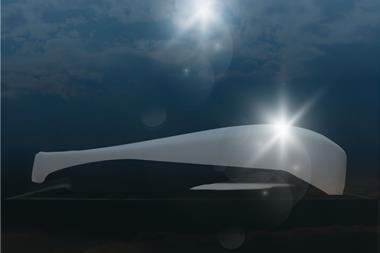

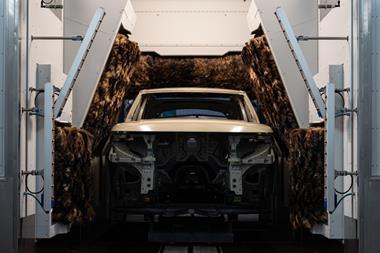
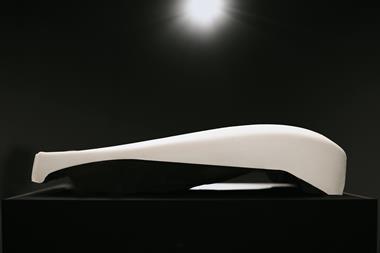
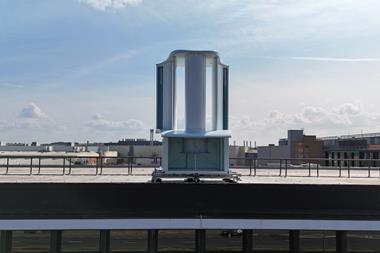
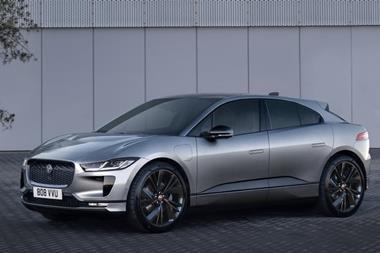



No comments yet